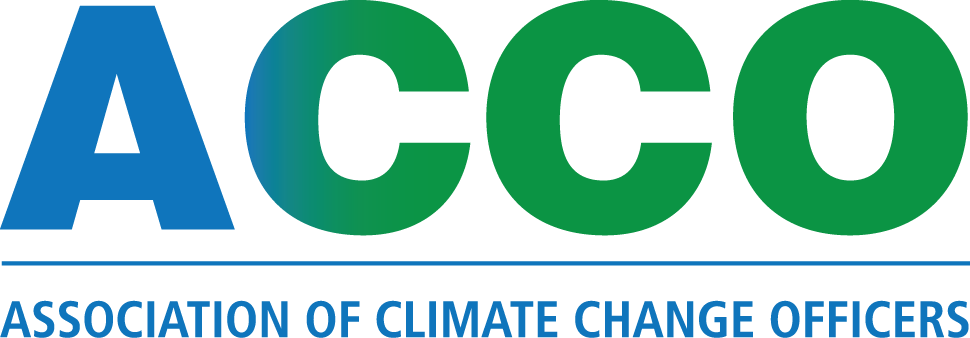Enterprise-103: The Fundamentals of Lifecycle Assessment and Systems Thinking
Elective
Climate change poses a substantial and complicated set of cascading of implications for an organization’s operations, stakeholders and mission. Conducting a comprehensive assessment of the change implications of climate change, and developing/implementing an effective responsible strategy requires full reconsideration of program design, products, processes, and strategic planning. Consequently, professionals across numerous roles and sectors will benefit from foundational competencies in lifecycle assessment and systems thinking.
Learning Objectives
Learning the basics of life cycle and systems thinking
Understanding the principles and practices of life cycle assessment including goal and scope, inventory analysis, and impact assessment
Comparing LCAs with other assessment tools, techniques, and frameworks
Considering the value of conducting an LCA for an organization
Contemplating strategies for using life cycle assessment in an organization
Course Architects
Annick Anctil – Assistant Professor, Michigan State University
Ann Erhardt – Chief Sustainability Officer for Infrastructure, Planning, and Facilities, Michigan State University
Tom Etheridge – LCA Program Manager, HP
Angela Fisher – Co-Founder & Director, Aspire Sustainability
Sarah Jordaan – Assistant Professor, Energy, Resources and Environment, Johns Hopkins University
Debbie Kalish – Program Manager, Center for Energy Efficiency and Sustainability, Ingersoll Rand
Christopher Richard – Team Lead (Sr. Staff Analyst) - Corporate Sustainability, Lockheed Martin
Ruben Roc – Sustainability Project Manager, HP
Julie Sinistore – Project Director, Sustainability, Energy & Climate Change, WSP
Tim Smith – Professor, Institute on the Environment, University of Minnesota
Debbie Steckel – Executive Director, American Center for Life-Cycle Assessment (ACLCA)
